|
 In recent years, remarkable progress has been made in the surgical treatment of diseases of the heart and blood vessels. Previously, the heart was considered a no-go area for the surgeon. In recent years, remarkable progress has been made in the surgical treatment of diseases of the heart and blood vessels. Previously, the heart was considered a no-go area for the surgeon.
|
|
|
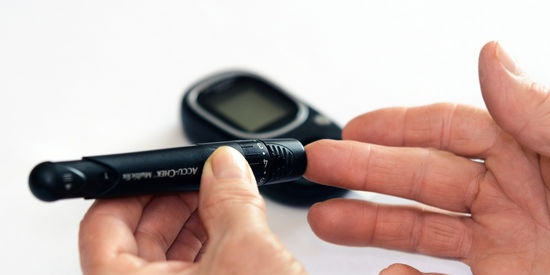 Diabetes mellitus, was first described by Demetrios of Apamania in the 2nd century BC. e - a healer from Ancient Greece. In his work, he wrote the main symptoms of this disease: loss of water and unquenchable thirst. Diabetes mellitus, was first described by Demetrios of Apamania in the 2nd century BC. e - a healer from Ancient Greece. In his work, he wrote the main symptoms of this disease: loss of water and unquenchable thirst.
|
|
|
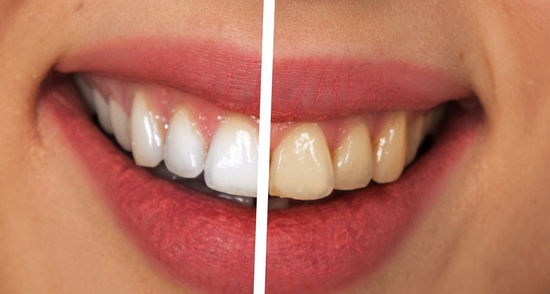 Gum health is essential for the normal functioning of the entire body. Neglecting them, we risk inflammation, periodontal disease, loss of teeth. Research is increasingly pointing to a link between gum disease and myocardial infarction or dementia. Gum health is essential for the normal functioning of the entire body. Neglecting them, we risk inflammation, periodontal disease, loss of teeth. Research is increasingly pointing to a link between gum disease and myocardial infarction or dementia.
|
|
|
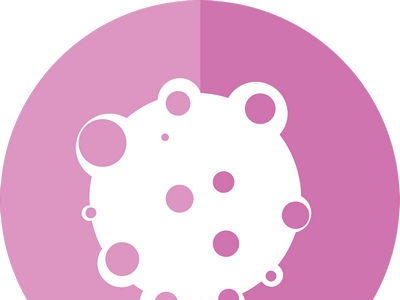 In our time, the issue of the treatment of malignant tumors is one of the most exciting problems of medicine, which occupies the minds of scientists around the world. Researchers in many countries are persistently searching for the causes of cancer, developing new methods for recognizing and treating malignant tumors. Much in this area of medicine has become known, but how much is still unknown! In our time, the issue of the treatment of malignant tumors is one of the most exciting problems of medicine, which occupies the minds of scientists around the world. Researchers in many countries are persistently searching for the causes of cancer, developing new methods for recognizing and treating malignant tumors. Much in this area of medicine has become known, but how much is still unknown!
|
|
|
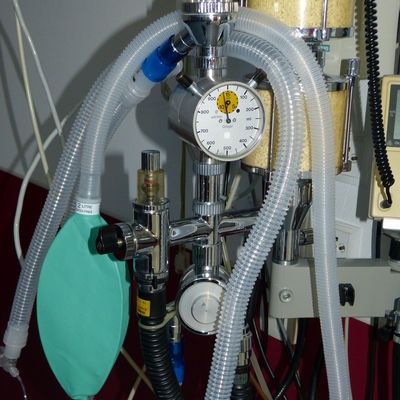 Almost every patient who is to undergo an operation, even a small one, asks the doctor the same question: will it hurt, under what anesthesia the operation will be performed? Almost every patient who is to undergo an operation, even a small one, asks the doctor the same question: will it hurt, under what anesthesia the operation will be performed?
|
|
|
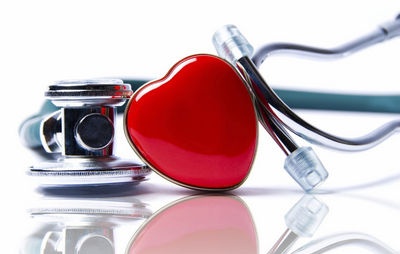 Progress! This short, energetic word has firmly entered our everyday life and has become familiar. Since the middle of the 20th century, the pace of scientific and technological progress has been accelerating all the time, causing surprise and admiration even among us - witnesses and participants in this process. Progress! This short, energetic word has firmly entered our everyday life and has become familiar. Since the middle of the 20th century, the pace of scientific and technological progress has been accelerating all the time, causing surprise and admiration even among us - witnesses and participants in this process.
|
|
|
 First of all, the sick with angina must be put to bed. This is one of the main preventive measures for both local complications (the formation of a near-tonsil abscess, inflammation of the cervical lymph nodes), and general ones - rheumatism, infectious nonspecific polyarthritis, nephritis, pyelitis, etc. (only with very mild catarrhal sore throat, semi-bed rest can be allowed). First of all, the sick with angina must be put to bed. This is one of the main preventive measures for both local complications (the formation of a near-tonsil abscess, inflammation of the cervical lymph nodes), and general ones - rheumatism, infectious nonspecific polyarthritis, nephritis, pyelitis, etc. (only with very mild catarrhal sore throat, semi-bed rest can be allowed).
|
|
|
 The benefits of green spaces have long been known to mankind. They play a significant role in regulating the thermal regime and air humidity, and improve the microclimate. Finally, the forest is a giant filter. The benefits of green spaces have long been known to mankind. They play a significant role in regulating the thermal regime and air humidity, and improve the microclimate. Finally, the forest is a giant filter.
|
|
|
 The beneficial effect of sunlight on humans is widely known: the action of the cardiovascular and nervous systems is normalized, metabolism improves, the formation of vitamin D in the body increases. The beneficial effect of sunlight on humans is widely known: the action of the cardiovascular and nervous systems is normalized, metabolism improves, the formation of vitamin D in the body increases.
|
|
|
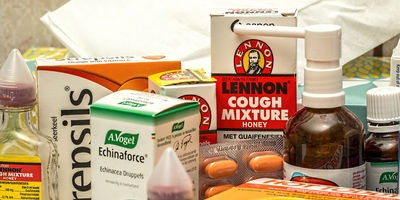 Preventive measures to combat angina are carried out in different directions. As mentioned above, not only pathogens or viruses that penetrate the tonsils, but also the state of the body as a whole, its reactivity play an important role in the origin of angina. Preventive measures to combat angina are carried out in different directions. As mentioned above, not only pathogens or viruses that penetrate the tonsils, but also the state of the body as a whole, its reactivity play an important role in the origin of angina.
|
|
|
 Chronic arterial hypertension (hypertension) is a very frequent disease, the main symptom of which is an increase in the contractility of mainly small arteries, which leads to a narrowing of their lumen. Chronic arterial hypertension (hypertension) is a very frequent disease, the main symptom of which is an increase in the contractility of mainly small arteries, which leads to a narrowing of their lumen.
|
|
|
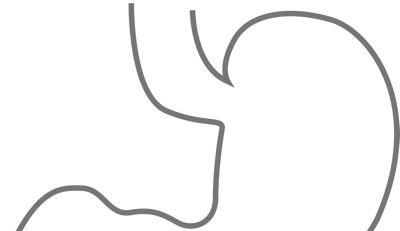 Before proceeding with the presentation of preventive measures that prevent the development of diseases of the gastrointestinal tract, it is necessary to at least briefly dwell on its anatomical and physiological characteristics. Before proceeding with the presentation of preventive measures that prevent the development of diseases of the gastrointestinal tract, it is necessary to at least briefly dwell on its anatomical and physiological characteristics.
|
|
|
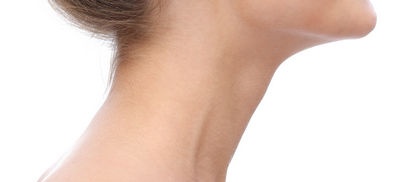 It has long been known that in some cases, the transferred sore throat or exacerbation of chronic tonsillitis adversely affects the state of the whole organism. It has long been known that in some cases, the transferred sore throat or exacerbation of chronic tonsillitis adversely affects the state of the whole organism.
|
|
|
 Sore throats are different. According to the severity of the disease, the nature and location of the raids on the tonsils, the following common types of tonsillitis are distinguished: catarrhal, follicular, lacunar and phlegmonous. Sore throats are different. According to the severity of the disease, the nature and location of the raids on the tonsils, the following common types of tonsillitis are distinguished: catarrhal, follicular, lacunar and phlegmonous.
|
|
|
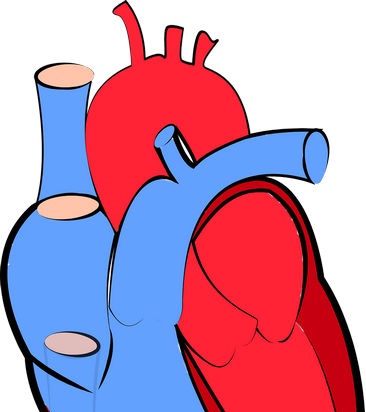 From the above data on entities and the reasons for the development of atherosclerosis it is not difficult to understand the directions in which medical practice is going in the most important issue of disease prevention. From the above data on entities and the reasons for the development of atherosclerosis it is not difficult to understand the directions in which medical practice is going in the most important issue of disease prevention.
|
|
|
 Sore throat is sometimes an accidental episode in a person's life, but some people often get sick with it (usually those who have a general condition of the body, its reactivity is sharply reduced). Sore throat is sometimes an accidental episode in a person's life, but some people often get sick with it (usually those who have a general condition of the body, its reactivity is sharply reduced).
|
|
|
 The vital activity of the organism is largely determined by biorhythms, which, reporting to each other, affect the well-being of a person, up to his labor, intellectual capabilities. Internal biorhythms include, for example, the rhythms of breathing and heartbeat. The vital activity of the organism is largely determined by biorhythms, which, reporting to each other, affect the well-being of a person, up to his labor, intellectual capabilities. Internal biorhythms include, for example, the rhythms of breathing and heartbeat.
|
|
|
 The first written mentions of the healing properties of the sun's rays lead us into the gray depths of centuries. As the inscriptions on the ancient monuments of Egypt testify, even then people used the rays of the Sun to heal various ailments. The first written mentions of the healing properties of the sun's rays lead us into the gray depths of centuries. As the inscriptions on the ancient monuments of Egypt testify, even then people used the rays of the Sun to heal various ailments.
|
|
|
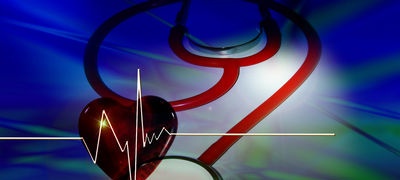 The most important, most frequent consequence of atherosclerotic lesions of the walls of the arteries, with the formation of thickenings (plaques) on them, is the narrowing of the lumen of the arteries. The most important, most frequent consequence of atherosclerotic lesions of the walls of the arteries, with the formation of thickenings (plaques) on them, is the narrowing of the lumen of the arteries.
|
|
|
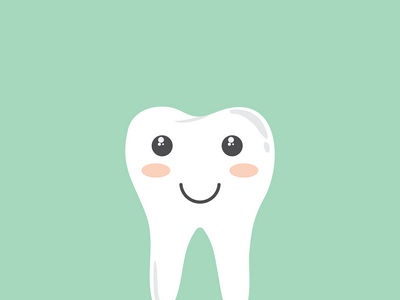 There are 3 parts in a tooth: crown, neck and root. There are 3 parts in a tooth: crown, neck and root.
|
|
|
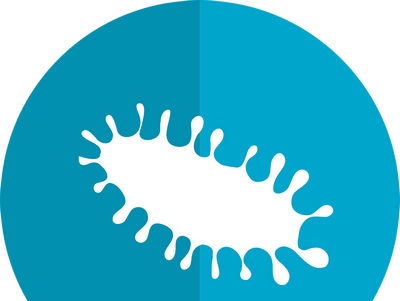 Disease is a violation of the normal vital activity of the body when it is exposed to damaging environmental factors, leading to a decrease in the adaptability and working capacity of a person. Disease is a violation of the normal vital activity of the body when it is exposed to damaging environmental factors, leading to a decrease in the adaptability and working capacity of a person.
|
|
|
 The human body is in constant interaction with the surrounding external environment. Violation of this interaction can lead to the development of a disease, in particular, tonsillitis. The human body is in constant interaction with the surrounding external environment. Violation of this interaction can lead to the development of a disease, in particular, tonsillitis.
|
|
|
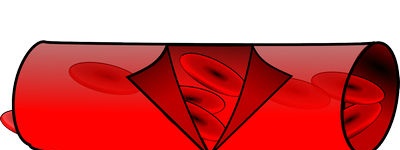 It has been known for a long time that very often in the arteries of elderly people, peculiar changes are observed: the walls of the arteries are compacted, thickened, in places flat nodes are visible on them - yellowish or white plaques. It has been known for a long time that very often in the arteries of elderly people, peculiar changes are observed: the walls of the arteries are compacted, thickened, in places flat nodes are visible on them - yellowish or white plaques.
|
|
|
 Throughout life, our body is in a state of complex interaction with the environment. From it, he receives all the necessary chemical materials and substances involved in various metabolic processes. Throughout life, our body is in a state of complex interaction with the environment. From it, he receives all the necessary chemical materials and substances involved in various metabolic processes.
|
|
|
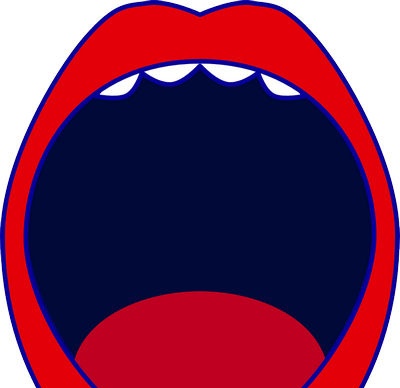 Sore throats, being an unsafe disease, often entail complications, often very serious ones, associated with prolonged and sometimes complete disability. Therefore, the issue of prevention and timely and rational treatment of angina is of great social importance. Sore throats, being an unsafe disease, often entail complications, often very serious ones, associated with prolonged and sometimes complete disability. Therefore, the issue of prevention and timely and rational treatment of angina is of great social importance.
|
|
|
 There are no useless plants on earth. There are plants not yet known by man. But every year science discovers in them more and more amazing, useful properties for humans, less and less mysterious, not yet read pages in the huge book of Nature remain. There are no useless plants on earth. There are plants not yet known by man. But every year science discovers in them more and more amazing, useful properties for humans, less and less mysterious, not yet read pages in the huge book of Nature remain.
|
|
|
 The cardiovascular system, which is made up of the heart and blood vessels, supplies blood to all organs and tissues of our body. With the blood, tissues receive oxygen and nutrients, which enter the body through the lungs and digestive organs. The cardiovascular system, which is made up of the heart and blood vessels, supplies blood to all organs and tissues of our body. With the blood, tissues receive oxygen and nutrients, which enter the body through the lungs and digestive organs.
|
|
|
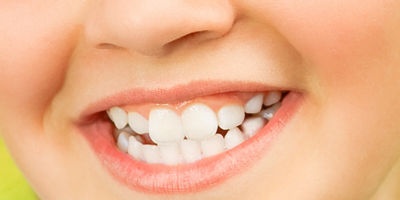 The oral cavity with the organs located in it plays an important role in the life of the human body. Through it, nutrients are introduced into the body, which are subjected to primary processing here with the help of teeth and saliva. The oral cavity with the organs located in it plays an important role in the life of the human body. Through it, nutrients are introduced into the body, which are subjected to primary processing here with the help of teeth and saliva.
|
|
|
 The history of man on Earth has several million years, of which the period of civilization covers only a little more than 10 thousand years. The history of man on Earth has several million years, of which the period of civilization covers only a little more than 10 thousand years.
|
|
|